
Introduction
When it comes to sewing, the fashion industry serves as an endless source of inspiration and innovation. Fashion designers and garment makers utilize various techniques to create stunning and well-constructed pieces that make their mark on the runway. Understanding and implementing these sewing techniques can elevate your sewing skills and bring a professional touch to your creations. Let’s dive into some essential sewing techniques widely used in the fashion industry.
1. French Seams
French seams are exquisite finishing techniques that conceal raw edges, providing a clean and polished appearance. They are commonly used in creating delicate garments such as lingerie, eveningwear, and high-end couture pieces. This technique involves sewing two lines of stitching to encase the raw edges, resulting in a neat and enclosed seam.
2. Flat-Felled Seams
Flat-felled seams are extremely durable and suitable for heavy-duty fabrics like denim or canvas. They are commonly seen in jeans or tailored garments. This technique involves sewing two fabric pieces together, trimming one side of the seam allowance, and folding the remaining side over to cover the raw edges. The folded edge is then stitched down, creating a strong and visually appealing seam.
3. Understitching
Understitching is used to keep facings or linings from rolling to the outside of a garment. It involves stitching the seam allowances and the facing or lining together close to the seamline, ensuring that they remain neatly in place. This technique is particularly useful for necklines, armholes, and curved areas.
4. Dart Manipulation
Darts are used to shape fabric around curves, providing a flattering fit. Dart manipulation techniques, such as pivoting or slashing and spreading, allow designers and pattern makers to modify darts for better fit and design elements. These techniques are widely employed in garments like dresses, skirts, and tops.
5. Pressing and Steam Shaping
Pressing and steam shaping garments during and after construction is crucial in achieving a professional finish. Fashion industry experts understand the importance of pressing each seam, dart, and edge to enhance the overall appearance, eliminate wrinkles, and create shape. Investing in a quality iron and steam iron can greatly impact the final result of your sewing projects.
By incorporating these sewing techniques inspired by the fashion industry, you can take your sewing skills to new heights and create garments that boast a refined and polished look. Remember, practice makes perfect, so don’t be discouraged if it takes time to master these techniques. With patience and perseverance, you’ll soon be crafting stunning garments worthy of the runway!
References:
- https://www.seamwork.com/issues/2017/04/understanding-french-seams
- https://www.madalynne.com/blog/2020/02/sewing-techniques-5-finesse-french-seam-techniques.html
- https://www.closetcorepatterns.com/understitching-101-how-to-understitch-like-a-pro/
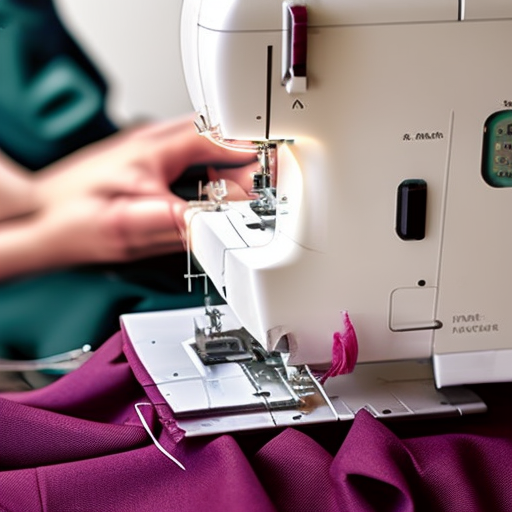
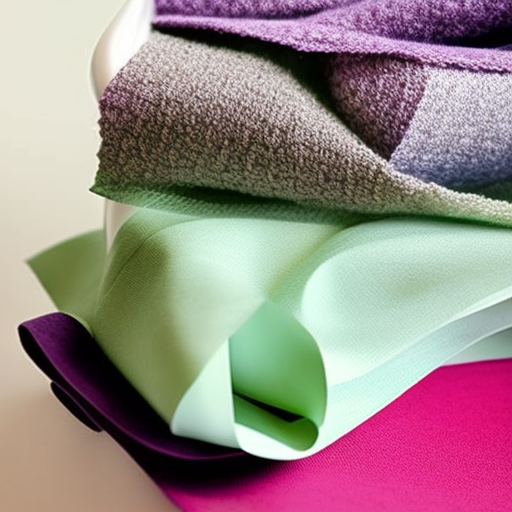
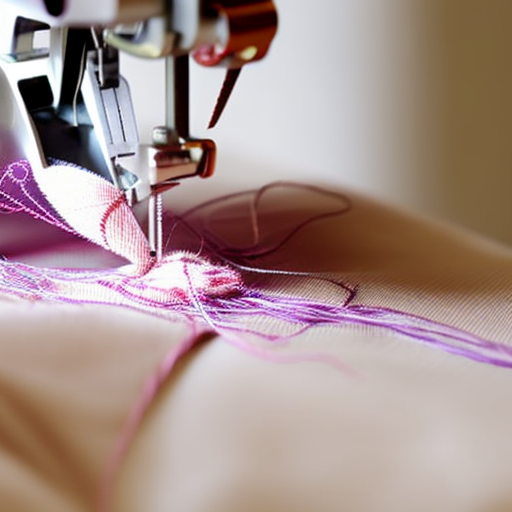
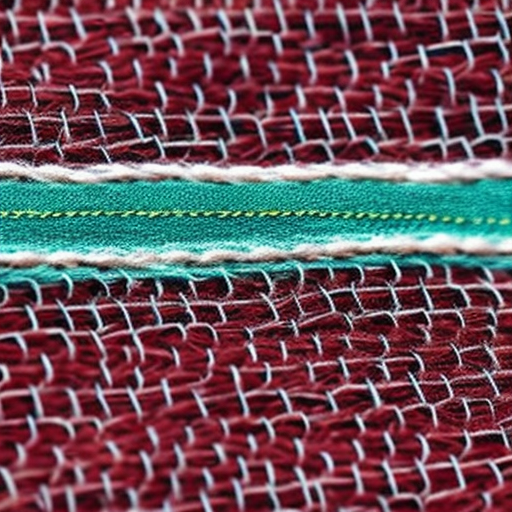
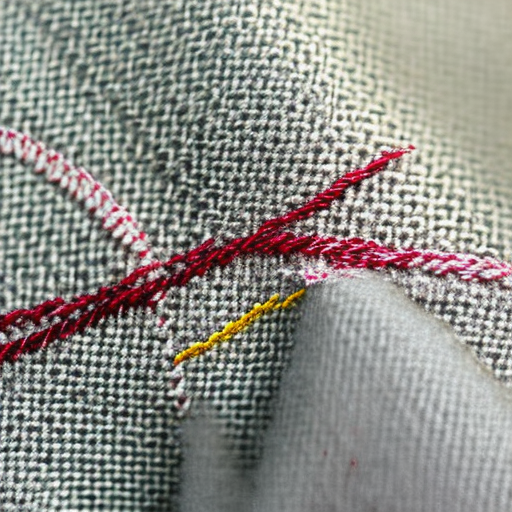
“This is a great resource! Really helped me hone my sewing skills”
Melody Throne: “Fantastic post! I learned so much from it”
This is an incredibly informative post that all fashion enthusiasts should take advantage of. Reading through this article is a great way to gain an understanding of different sewing techniques used in the fashion industry and improve your skills.